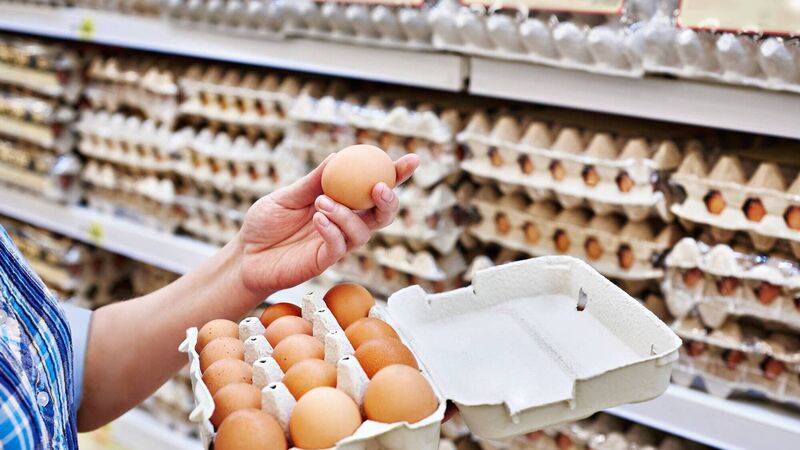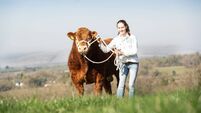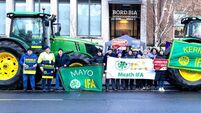Gloves are coming off in the global fight against bird flu

In many countries, egg prices reached record highs due to the bird flu loss of tens of millions of laying hens. Picture: iStock
The gloves are coming off in the global fight against bird flu, as the disease becomes endemic for the first time in some wild birds, and it changes to a year-round threat to poultry farmers, who previously feared it only in the months of wild bird migrations.
Outbreaks have spread in North and South America, Europe, Asia and Africa, undefeated by summer heat or winter cold snaps.













